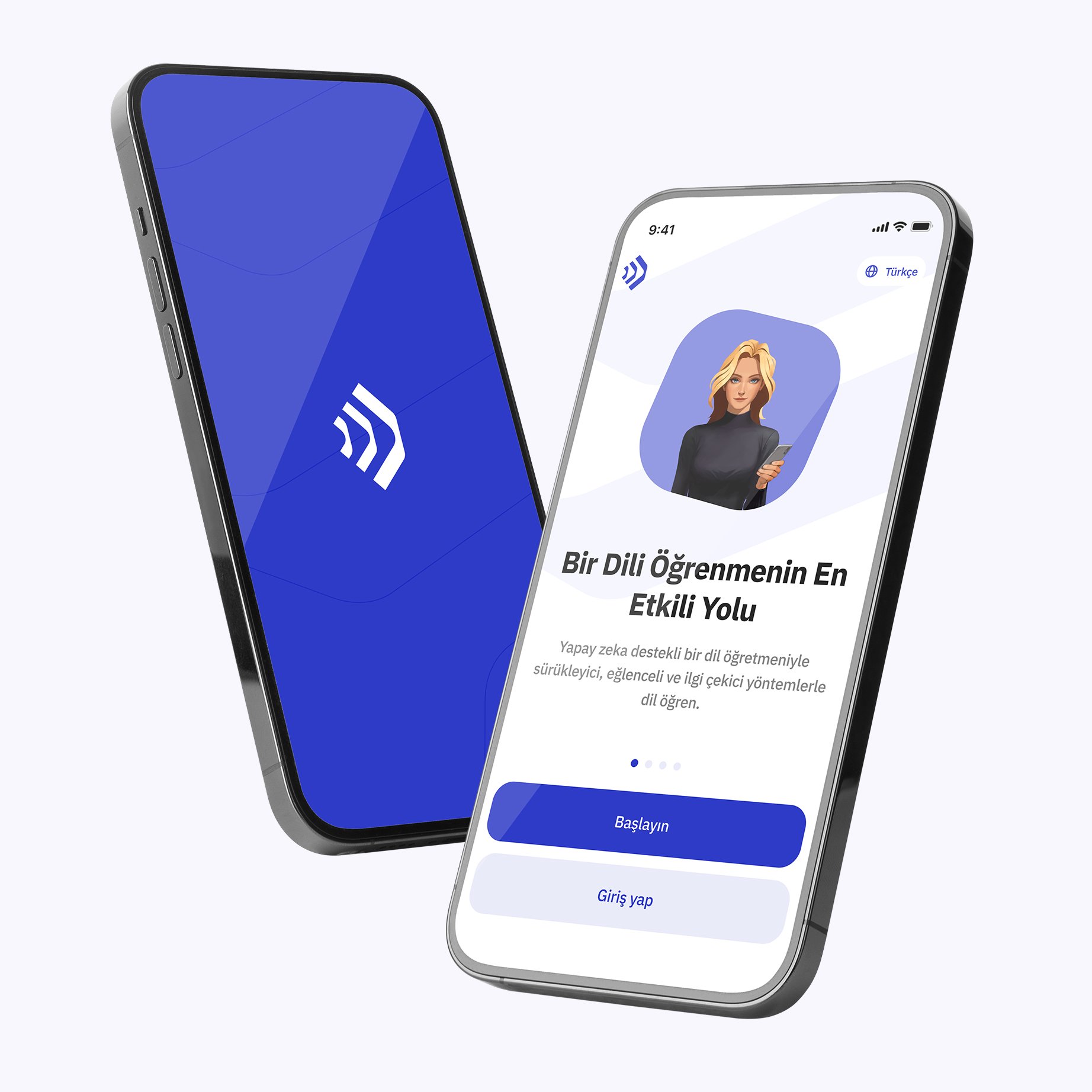Bildirilen Konuşma – Şimdiki Zaman ve Geçmiş Zaman
2. He told me he *had* finished his homework. (Geçmiş zaman “finished” değişmez, “has” olsaydı “had” olurdu)
3. They said they *were* going to the park. (“are going” geçmiş zamana çevrilir)
4. John told her he *could* help her. (“can” bildirilen konuşmada “could” olur)
5. She said she *didn’t like* the movie. Olumsuz cümlede “don’t like” geçmiş zamanda “didn’t like” olur
6. He told us he *was* very tired. (“is” geçmiş zamanda “was” olur)
7. Mary said she *had* never been to London. (“has” bildirilen konuşmada “had” olur)
8. They told me they *would* come later. (“will” bildirilen konuşmada “would” olur)
9. He said he *did* not understand the question. (“do not understand” geçmiş zamanda “did not understand” olur)
10. She told me she *had* lost her keys. (“has” bildirilen konuşmada “had” olur)
Bildirilen Konuşma – Soru Cümleleri ve Emir Cümleleri
2. She asked where he *had* gone. (“has gone” bildirilen konuşmada “had gone” olur)
3. They asked what time the train *arrived*. (Geniş zaman “arrive” geçmiş zaman “arrived” olur)
4. He asked me if I *liked* the book. (“do you like” geçmiş zamanda “did you like” olur, bildirilen konuşmada “liked”)
5. She told me to *wait* outside. (Emir cümlesinde “wait” değişmeden kalır)
6. The teacher told the students to *study* harder. (Emir cümlesinde “study” değişmez)
7. He asked why she *was* late. (“are” geçmiş zamanda “was” olur)
8. She asked me how I *felt*. (“do you feel” geçmiş zamanda “did you feel”, bildirilen konuşmada “felt”)
9. They told him not to *smoke* here. (Olumsuz emir cümlesinde “smoke” değişmez)
10. He asked if they *had* finished the project. (“have” bildirilen konuşmada “had” olur)










